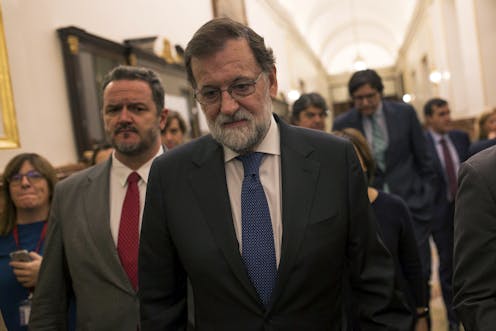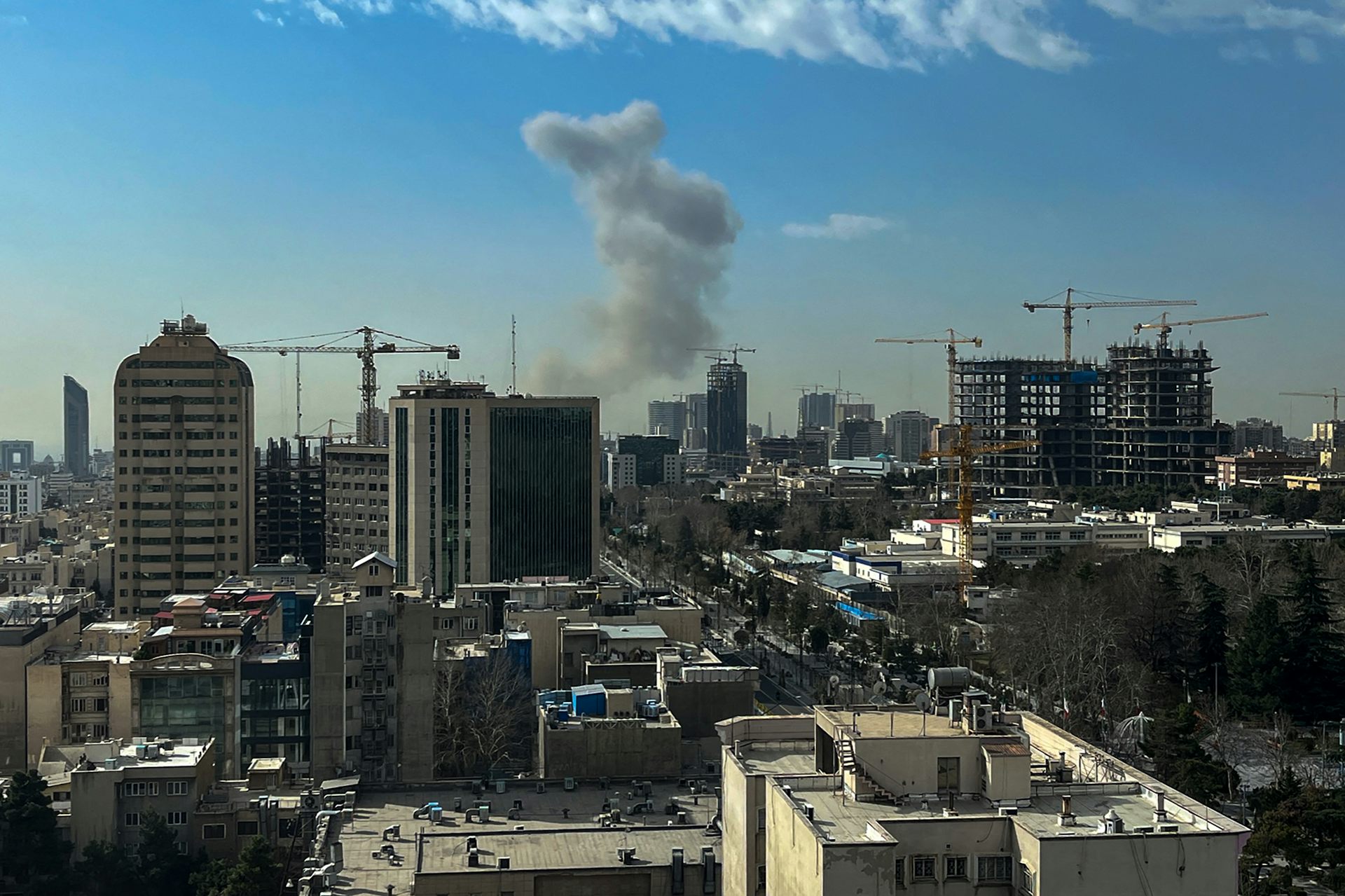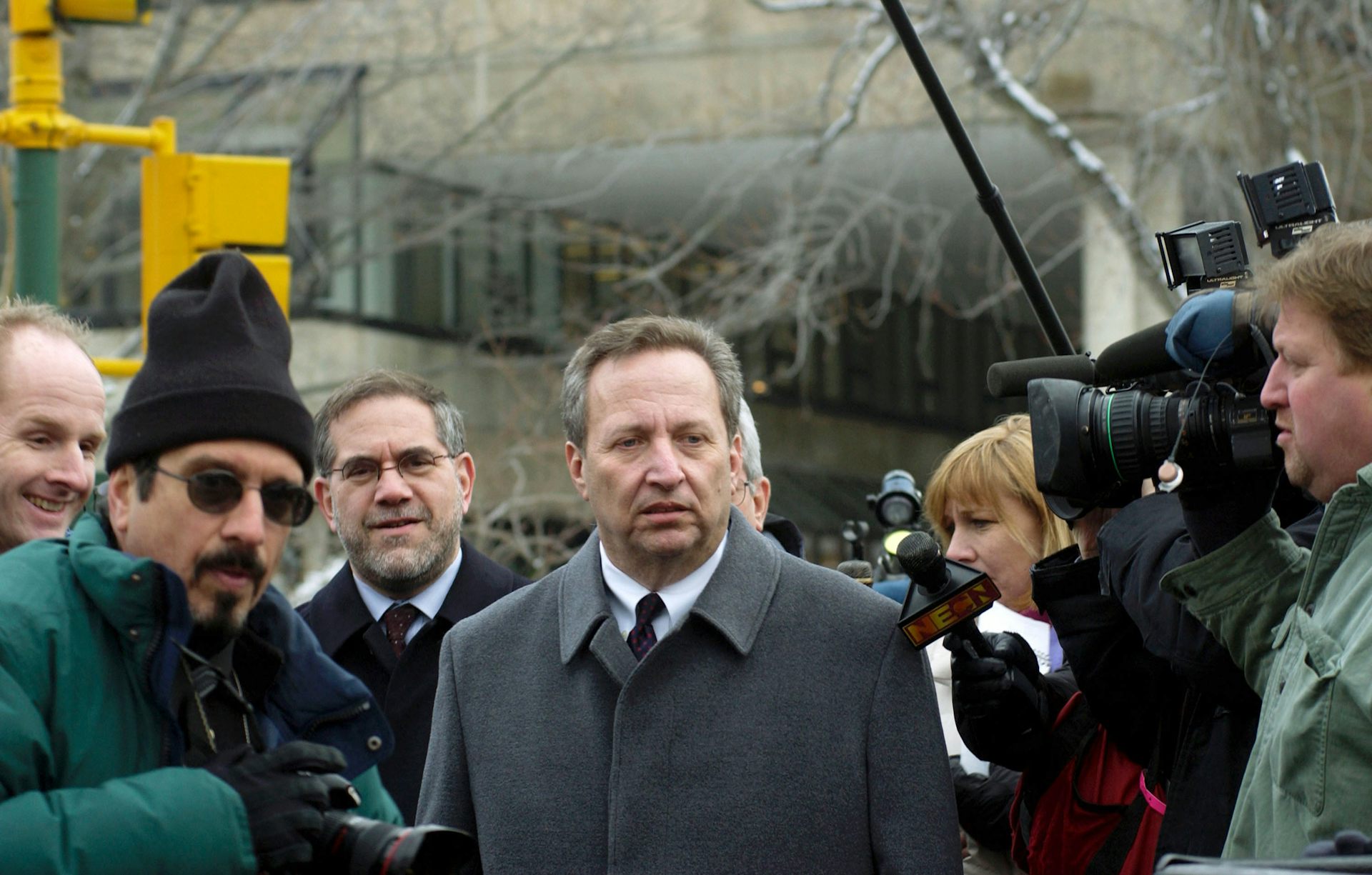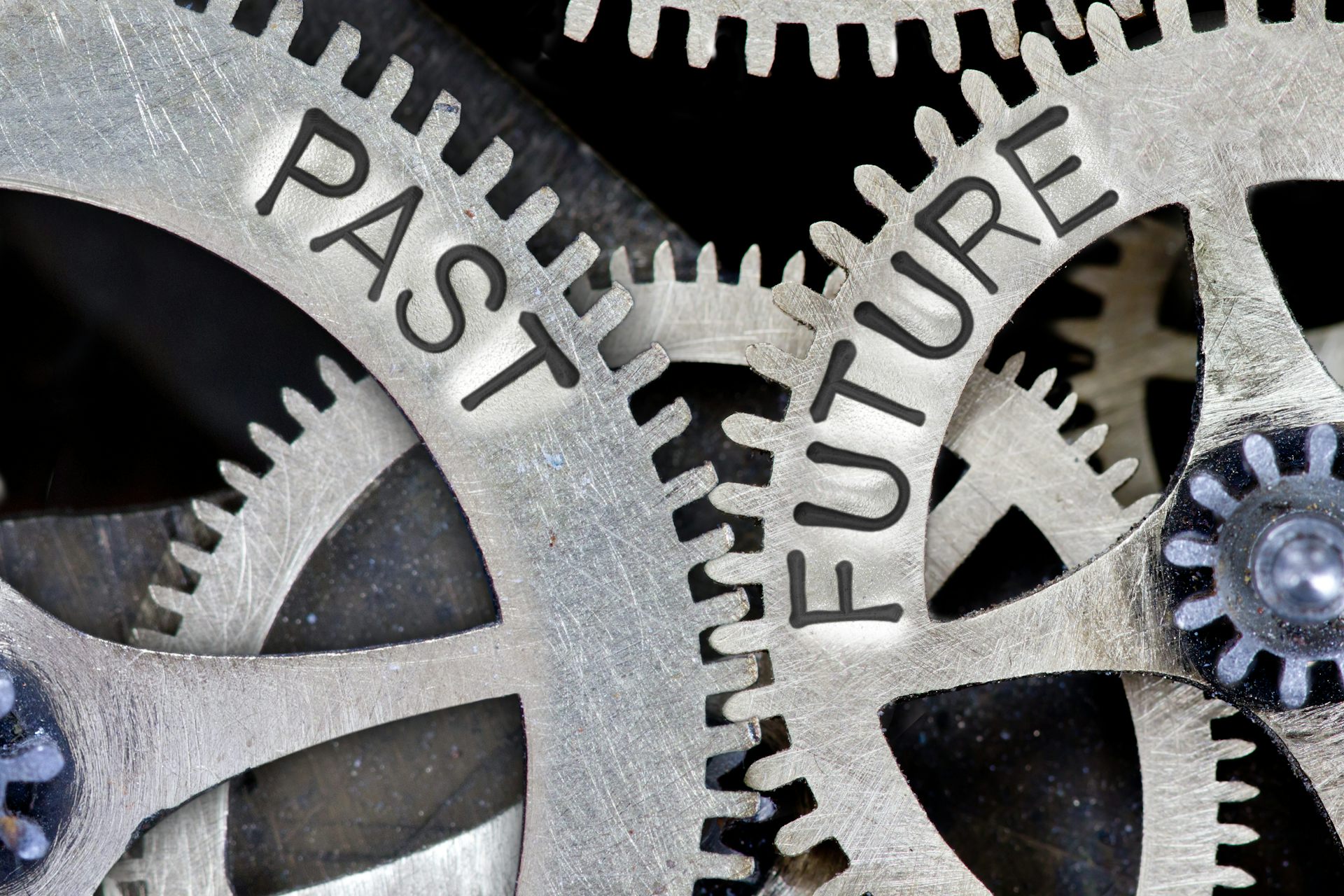How the crisis in Catalonia is helping Rajoy consolidate power
Why the Spanish Prime Minister keeps choosing a strategy of confrontation.

The news from Catalonia is alarming and confusing. How did things come to this, in a European Union member state, in 2017?
First came a referendum vote in favor of secession with police blocking voters from balloting and a declaration of independence.
The backlash swiftly followed: The autonomous government of Catalonia was suspended by the Spanish government in Madrid, huge crowds demonstrated in Barcelona against Catalan independence and independence leaders were threatened with arrest for sedition and rebellion.
As a student of the political history of Catalonia, especially the region’s relationship with Spain, I’m alarmed by these unprecedented events. The key question is: Why now?
Changing the rules
After all, Catalan nationalism and the Spanish state are not new. Catalonia has been a nation with a distinctive culture for centuries. It was the center of the Crown of Aragon, then united with Castille in 1492 to create Spain as we know it. Spain and Catalonia also have a long history of pragmatic accommodation. Spanish political culture is marked by memories of the nation’s Civil War and the dictator Francisco Franco. That means there is little popular support for conflict, unilateral declarations of independence or police action.
And yet, I don’t find the test of wills surprising. What’s surprising is the extent to which leaders are breaking “rules” of conflict between the Spanish government and Catalan nationalists. Under the old rules, the game would start with dramatic claims, divert into dialogue and end in complex pacts. One example of such an approach is the democratic Spanish constitution adopted in 1978 after Franco’s death and Spain’s democratic transition.
But now key players have stopped playing by these rules. A previous Spanish government, led by the Socialists, agreed to give Catalonia more autonomy in 2006. The current ruling party – Prime Minister Mariano Rajoy’s Partido Popular – contested this agreement to the Constitutional Tribunal in 2010 and won. The move fit with the traditional view of the Partido Popular as supporting Spanish unity. Then came a nonbinding vote in Catalonia, sponsored by the Catalan government, which led to the president of Catalonia, Artur Mas, being removed from office by Spanish courts.
Frustration in Catalonia – frustration with a Spanish state that first agreed to autonomy, then repudiated the agreement, and finally elected the Partido Popular – set in motion the events of this year.
Catalonia’s nationalist leaders, including President Carles Puigdemont, have tried to abide by the old rules. They do something dramatic that shores up their base and might strengthen their hand in negotiations, and then they wait for the government in Madrid to enter negotiations. If Madrid played its expected role, there would be dialogue and a pact and business would then continue as normal, with everybody’s dignity intact.
Instead, Spanish Prime Minister Mariano Rajoy keeps choosing a strategy of confrontation. Each time he ignored or rejected a Catalan offer to negotiate, he boxed the Catalan nationalists into going further. Even now, it is not clear that most Catalan nationalists actually want independence. No survey has shown a majority support it. Nationalist leader Artur Mas, the same leader who was banned from politics and fined for his nationalism, has said Catalonia is not ready for “real independence.” That is a signal he still wants negotiations.
But Rajoy continues to escalate the situation.
Why this, why now?
I see two plausible reasons Rajoy is doing this, and they both lie in party politics.
One is the heritage and beliefs of his party, the Partido Popular. Founded by Francoists, senior officials of the old dictatorship, its ideology has authoritarian tones and focuses on order and Spanish unity. They don’t recognize a Catalan national right to self-determination, and believe all of Spain would have to agree on Catalan secession since Catalans are Spanish.
The other reason is that Rajoy’s Partido Popular is weak, which makes him weak. No party received a majority in the 2015 elections. During snap elections in 2016, the Partido Popular won only a small plurality and had to depend on temporary support from other parties to enter office.
Conflict with Catalonia strengthens Rajoy and the Partido Popular. It frames political conflict around national issues rather than inequality, unemployment and the structural, long-term decline of the Spanish economy. It also puts every one of his three big rival parties in a fix by forcing them to choose sides between Spanish unity or Catalan nationalism.
Unike its rivals, the Partido Popular doesn’t have many voters to lose in Catalonia – its Francoist past already significantly limits its appeal there.
It’s a different story for the center-right Ciudadanos, or the Citizens Party, which is the new alternative to a Partido Popular badly damaged by corruption and the economic crisis. Ciudadanos now looks like an annex of the Partido Popular. Weakening them strengthens the Partido Popular position as the party of the Spanish right - voters who value Spanish unity might come to see the Partido Popular as their champion. The Partido Popular’s historic but declining rivals, the Socialists, will also likely be badly damaged in the next election. The Socialists have supported the Partido Popular against Catalan nationalism, costing them their credibility as supporters of Catalan nationhood.
Outside of Catalonia, the conflict has sucked the oxygen from the issues of corruption and economic decline that had fueled the rise of Ciudadanos, the new left party Podemos and given the Socialists some hope. Podemos, which has supported the referendum, might lose Spanish nationalist voters to the Socialists. It will now be associated not just with left-wing anger at Spain’s inequality and economic underperformance, its preferred issues, but also with its sympathy for Catalan nationalism.
Rajoy and Spain are winning in the sense that a state which refuses to negotiate can defeat any peaceful challenge. But the political leaders in Barcelona and Madrid who created this confrontation have done great damage by creating a fracture between Spain and Catalonia.
Consequences of the rupture
These events have also fractured society within Catalonia.
As a result of huge migratory waves from rural Spain over the last century, only about half of people in Catalonia identify as Catalan. For decades, Catalan politics has been about managing that division – promoting Catalan autonomy, language and identity without sparking a backlash by people who feel Spanish. The big demonstrations in favor of Spanish unity in Barcelona mark the destruction of much of that work.
Catalan elites have a long tradition, at this point in crisis, of leaving their radical leaders out on a breaking limb and retreating. They tend to cut off support for nationalist politics, assert their fealty to Spain and perhaps put money into less visibly confrontational Catalan civil society. We have seen them do this during almost every political transition in modern Spanish history. Some might see this as the reputed pragmatism of Catalans, withdrawing from a conflict they can’t win into nation building that will serve them well in the future. Some will say it is the pragmatism of bankers and businesspeople who prefer not to face the turbulence of secession followed by the prospect of life in a small left-wing country. That is what is happening now, with almost 2,000 businesses switching their corporate registrations out of Catalonia. There is no such clear sense of what other elites are doing behind the scenes, but most elites in Catalonia, however sentimentally nationalist, value stability more than nationalist adventures.
The Spanish government, which has suspended the Catalan government, has called elections on Dec. 21 to elect a new Catalan legislature. It is hard to predict what will happen. Maybe Spanish-identified voters who often abstain will be roused to put an end to the independence movement. Maybe Rajoy has so alienated moderate Catalans as to turn them into nationalists. Maybe the two sides will continue to remain about equal with votes shifting around between parties within each camp. Maybe police action and life without self-government in Catalonia will create new forms of radicalism.
Two things are certain: The damage to society and politics in Spain and Catalonia will be hard to mend – and fewer people will want to try. That is a shame, since a majority of people in Catalonia and Spain never wanted any of this.
Scott L. Greer received funding from the Social Science Research Council and Nuffield Trust.
Read These Next
Iran will respond to US-Israeli strikes as existential threats to the regime – because they are
The latest attack on Iran goes far beyond previous operations by Israel and the US in both scale and…
Cuba’s speedboat shootout recalls long history of exile groups engaged in covert ops aimed at regime
From the 1960s onward, dissident Cubans in exile have sought to undermine the government in Havana −…
Former Harvard president Summers’ soft landing after Epstein revelations is case study of economics’
Despite repeated calls for the university to revoke his tenure, the economist held onto his teaching…





